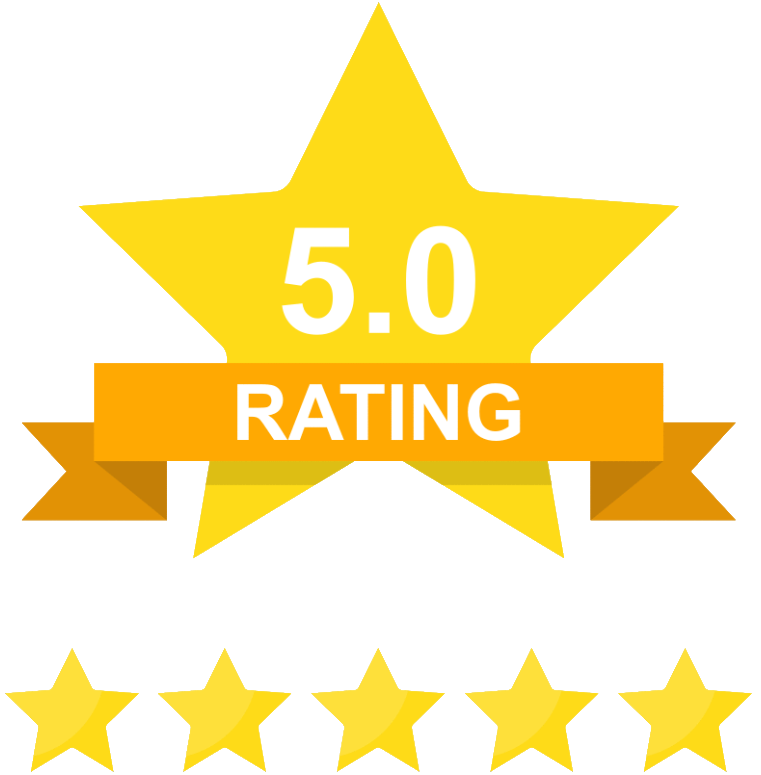
Buying a property in Spain can be an exciting step, but for many foreigners the process is different from what they are used to in their home countries. One of the most important figures in any Spanish property transaction is the notary.
In this guide, we explain the role of the notary in Spain, how much it costs, and why, although the notary is essential, it is not enough on its own to guarantee your interests as a buyer.
What Does a Notary in Spain Do?
The notary in Spain is a professional who provides a public service mainly focused on granting legal authenticity to certain acts and contracts. In property purchases, the notary’s role includes:
- Verifies identity, capacity and status of the parties.
- Ensures the deed complies with Spanish law and mandatory formalities.
- Obtains and reviews Land Registry information just before signing to confirm ownership and charges (mortgages, liens, easements).
- Drafts, reads aloud and authorises the deed of sale (escritura de compraventa).
- Records mandatory certificates and statements such us: community fees certificate, energy performance certificate, etc.
- Sends the deed to the Land Registry to secure priority of registration.
Is a Notary Mandatory When Buying Property in Spain?
Yes. In Spain, the signature of the purchase deed before a notary is legally required for the transfer of property to be fully effective and enforceable.
Under the Spanish Civil Code, ownership of real estate is transferred by contract, but the law presumes that delivery takes place through the signing of a public deed (escritura pública) before a notary. Without this deed, the transaction may exist as a private agreement, but it cannot be registered at the Land Registry, leaving the buyer legally unprotected.
In practical terms, this means:
- Without the notary’s deed, the buyer cannot register ownership at the Spanish Land Registry.
- Without registration, the buyer’s rights are vulnerable against third parties, creditors, or later purchasers.
- A private contract alone is never recommended, especially for foreign buyers unfamiliar with the Spanish system.
Therefore, the notary’s intervention is mandatory for a valid, secure, and enforceable transfer of ownership in Spain.
Costs of a Spanish Notary for Property Purchases
Notary fees in Spain are set by law and therefore do not vary from one notary to another. They are calculated according to an official tariff that takes into account the declared value of the property, the length of the deed, and the number of copies requested.
For a standard property purchase, you can expect:
- Average notary fees: usually between €600 and €1,200.
- Higher fees for properties of very high value or complex transactions.
- Additional costs for annexes, certificates, or multiple authorised copies.
It is important to understand that the notary fee is not negotiable, since all notaries apply the same tariff established by law. In most cases, the buyer is the one who pays for the purchase deed, although technically the parties can agree otherwise. Overall, these fees represent only a small percentage of the total transaction but are essential, because without the notarial deed the transfer cannot be registered at the Land Registry.
In summary, while notary fees add to the overall cost of buying property in Spain, they are modest compared to the protection and legal certainty the notary provides.
Difference Between a Spanish Notary and a Lawyer
Many foreigners think the Spanish notary is the same as a lawyer. This is a mistake. Their roles are very different.
The notary is a public official. They make sure the deed of sale (escritura de compraventa) is legally valid, check the identity of the parties, read the deed aloud, and send it to the Land Registry. They remain impartial: the notary does not act for you, nor do they check every possible risk.
A lawyer, by contrast, is your independent adviser. The lawyer works only for you: they carry out due diligence, check debts, licences and planning issues, review contracts, calculate and file taxes, and make sure the property is registered correctly in your name.
In simple terms: the notary makes the purchase valid, but only the lawyer makes the purchase safe. That is why every foreign buyer in Spain should have both.
For Spanish nationals familiar with the system, the notary’s role is clear. But for foreigners, it is easy to assume the notary also acts as a legal adviser. This is a mistake that can lead to costly problems.
If you rely solely on the notary, you risk:
- Buying a property with hidden debts or charges.
- Overlooking urban planning or licence issues.
- Paying deposits without proper contractual protection.
This is why hiring an independent property lawyer in Spain is strongly recommended. The lawyer works for you, while the notary works for the state.
Final Word: Buying Property in Spain? Make Sure You Are Protected
The notary in Spain plays an essential role in every property transaction. Without their signature, the purchase cannot be formalised or registered.
But remember: the notary is not a substitute for a lawyer. To ensure your property purchase is legally safe, free of risks, and correctly registered, you need both.
📩 Contact our bilingual law firm today for a free initial consultation and let us guide you securely through the Spanish property purchase process.
FAQ
Do you need a notary to buy a property in Spain?
Yes. The notary’s signature is mandatory for the deed of sale to be legally valid.
How much are notary fees in Spain?
Usually between €600 and €1,200, depending on the property value and complexity.
Is a notary the same as a lawyer in Spain?
No. The notary is impartial and certifies the act; the lawyer represents your interests and carries out legal checks.
What happens if I don’t go to a notary when buying property in Spain?
The property transfer will not be legally valid, and you cannot register the property in your name.
Ready to Buy a Property in Spain? We’ll Handle Everything
You can have your Spanish property purchase resolved quickly, securely, and 100% remotely, without leaving your home, without hidden costs, and without legal stress. Join the hundreds of clients who have already trusted our Spanish-registered lawyers to protect their interests.
Your first step is 100% risk-free:
- No obligation to proceed
- First consultation completely free
- Qualified Spanish lawyers only
- Clear, personalised legal advice
- All fees disclosed upfront
- 100% remote process, no travel needed



